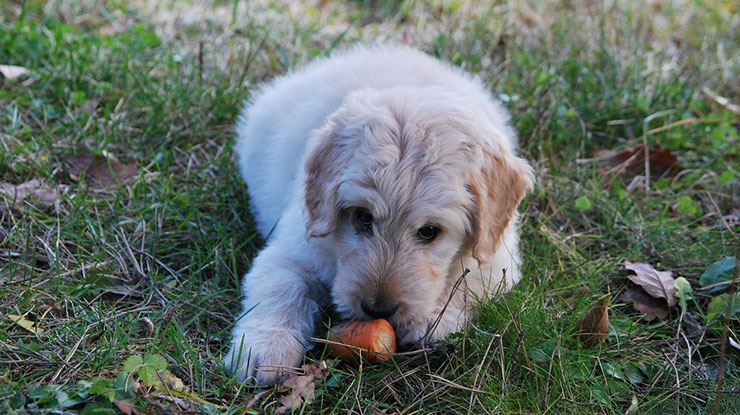
10 Dog-Friendly Fruits and Vegetables
Are you thinking about incorporating fruits and vegetables into your dog's diet? Contrary to popular belief, your furry friend needs more than just meat for proper nutrition. Much like humans, dogs are omnivores, which means they can digest both animal and plant content.
More importantly, without fruits and veggies, your pooch won't get sufficient carbohydrates, fiber, and minerals. However, not all vegetables and fruits are safe for them to eat. Even items that are healthy for us can pose a serious threat for dogs.
Creating the perfect balanced diet for your dog may require some effort and understanding. However, with proper guidance, you should be able to do it with ease. Let's start with a quick list of 10 fruits and veggies that you can give your dog.
Note: before introducing ANY new foods to your dog’s diet, be sure to check with your veterinarian first, and remember to ask how much to give and how often, since these numbers can vary from one dog to another. 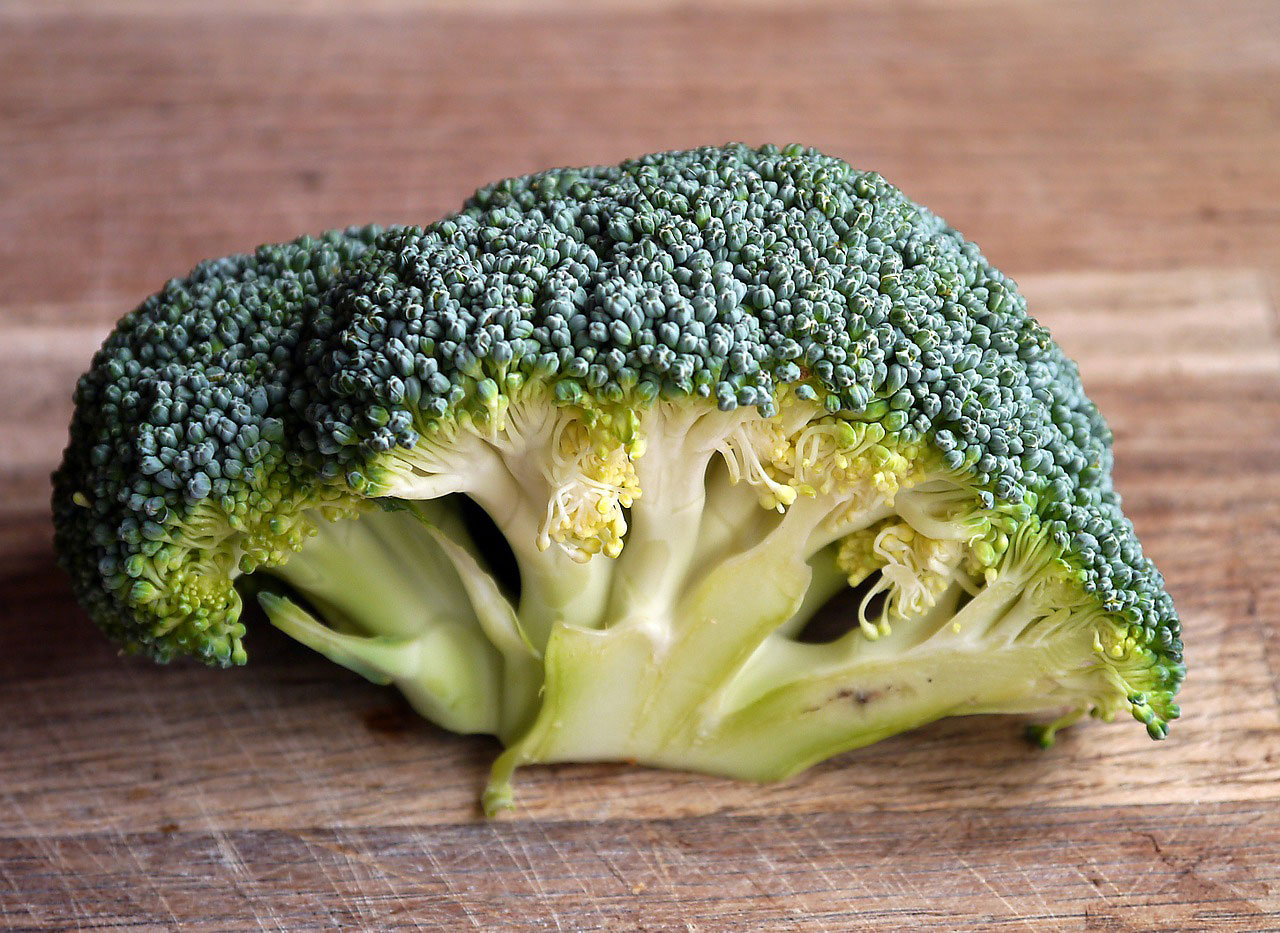
#1 Broccoli
Broccoli is generally considered safe for dogs so long as it’s given as an occasional treat in meager amounts. This particular vegetable is rich in vitamin C and fiber, and it’s also low in fat. However, isothiocyanates, found in broccoli florets, can cause mild to severe gastric issues, so be sure your portion sizes are safe.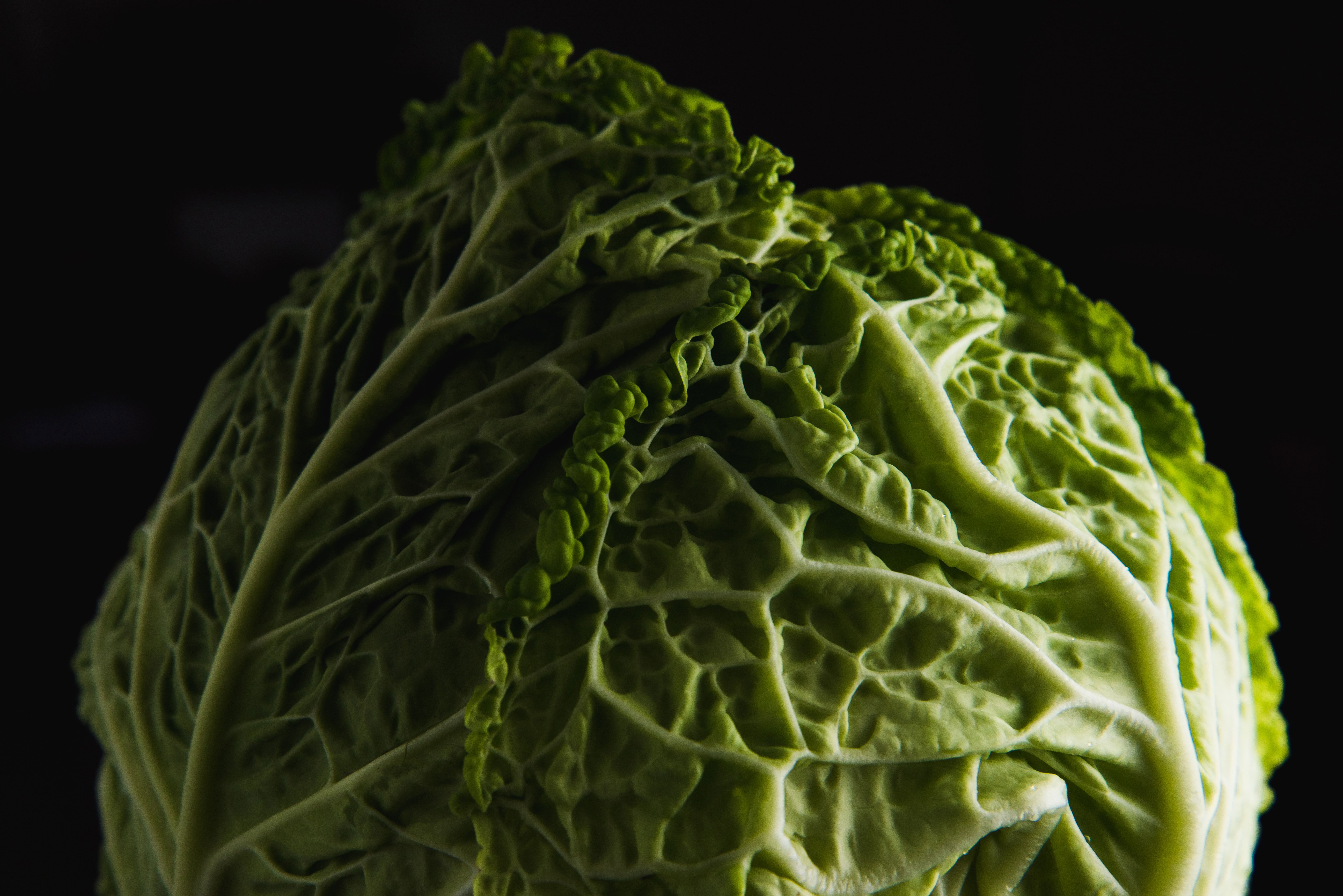
#2 Certain leafy greens
Cabbage, chard, and lettuce are suitable for your pooch. Aside from being rich in fiber, these leafy greens are also a great source of potassium, iron, calcium, and vitamins K, C, and A. They can be eaten raw, but you can even steam them for variation. However, this method can cause greens to lose many of their nutrients.
Remember, vegetables like cabbage and Brussels sprouts are rich in antioxidants and nutrients. Thus, they are healthy for dogs, but they can also cause bloating! So, make sure to feed them in small amounts at a time.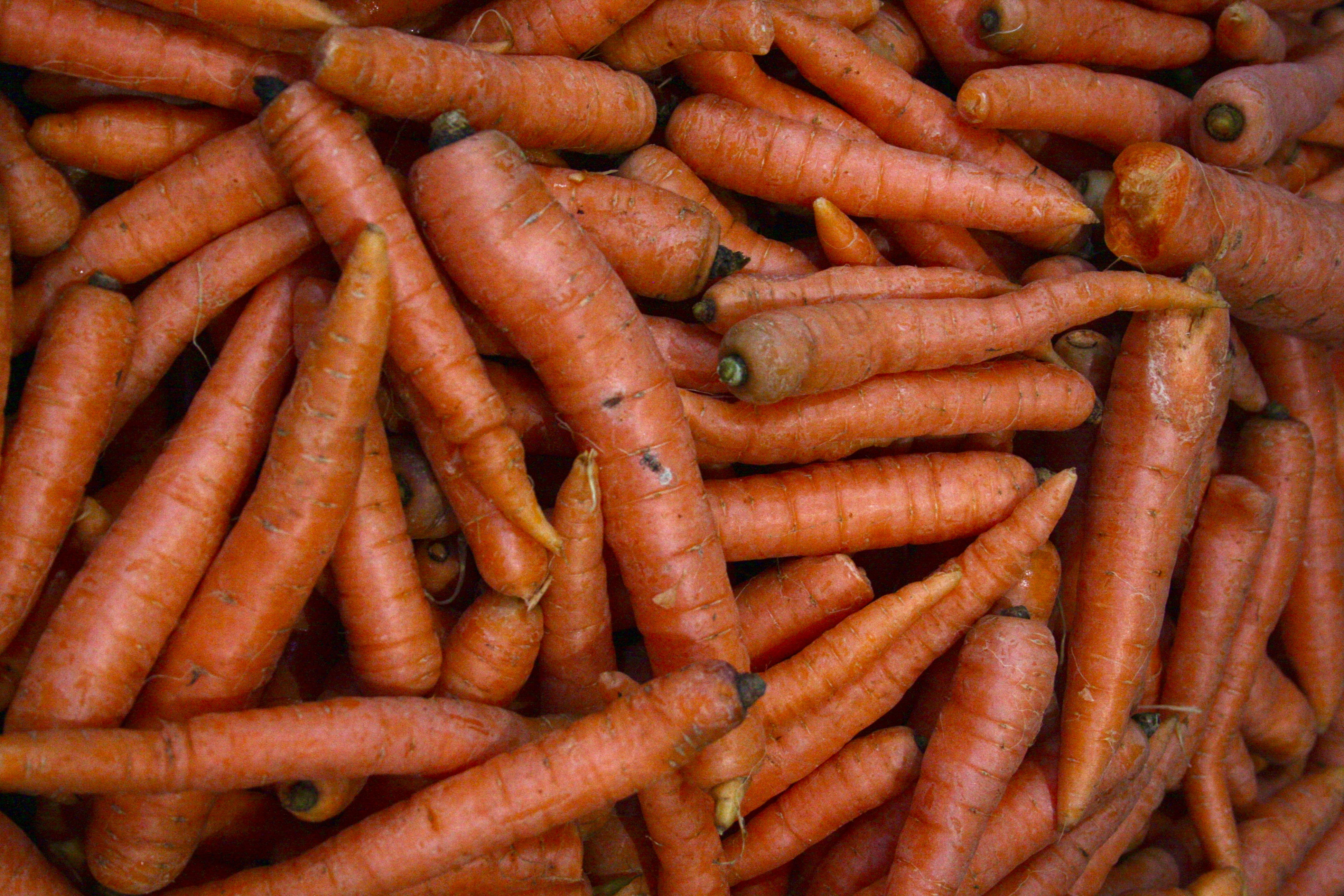
#3 Carrots
Carrots are excellent crunchy treats that dogs love! They also make a great low-calorie snack that is filled with vitamin A, beta-carotene, and fiber. Other root vegetables, such as parsnips, sweet potatoes, and beets, are also safe for consumption.
You should note that these vegetables are high in sugar, which means too much can cause issues. Moreover, if you also give your furry friend raw or commercial dog food, those foods may already contain root veggies. So, be sure to check that.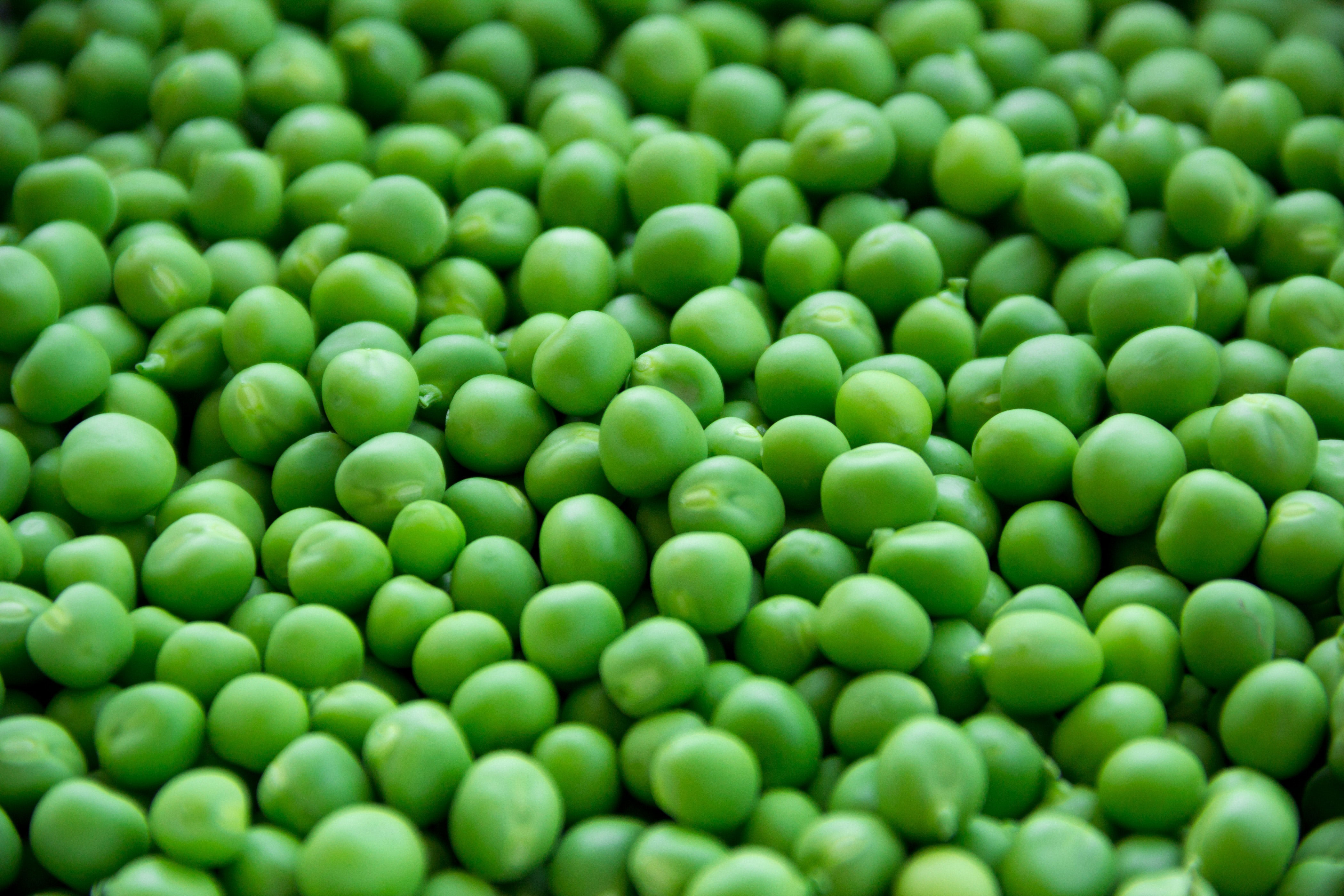
#4 Legumes
Alfalfa sprouts and mature beans such as peas, lentils, pinto beans, and kidney beans are all great additions to your dog's diet. English peas, sugar snap peas, and snow peas are also high in fiber, protein, minerals, and vitamins. Both frozen and fresh peas are safe for consumption. However, many raw legumes can be hazardous to a dog's health, so they must be cooked before serving. Also, a recent FDA report revealed a connection between canine dilated cardiomyopathy and dog foods containing high amounts of legumes, so be especially cautious about the amount you give to your dog.
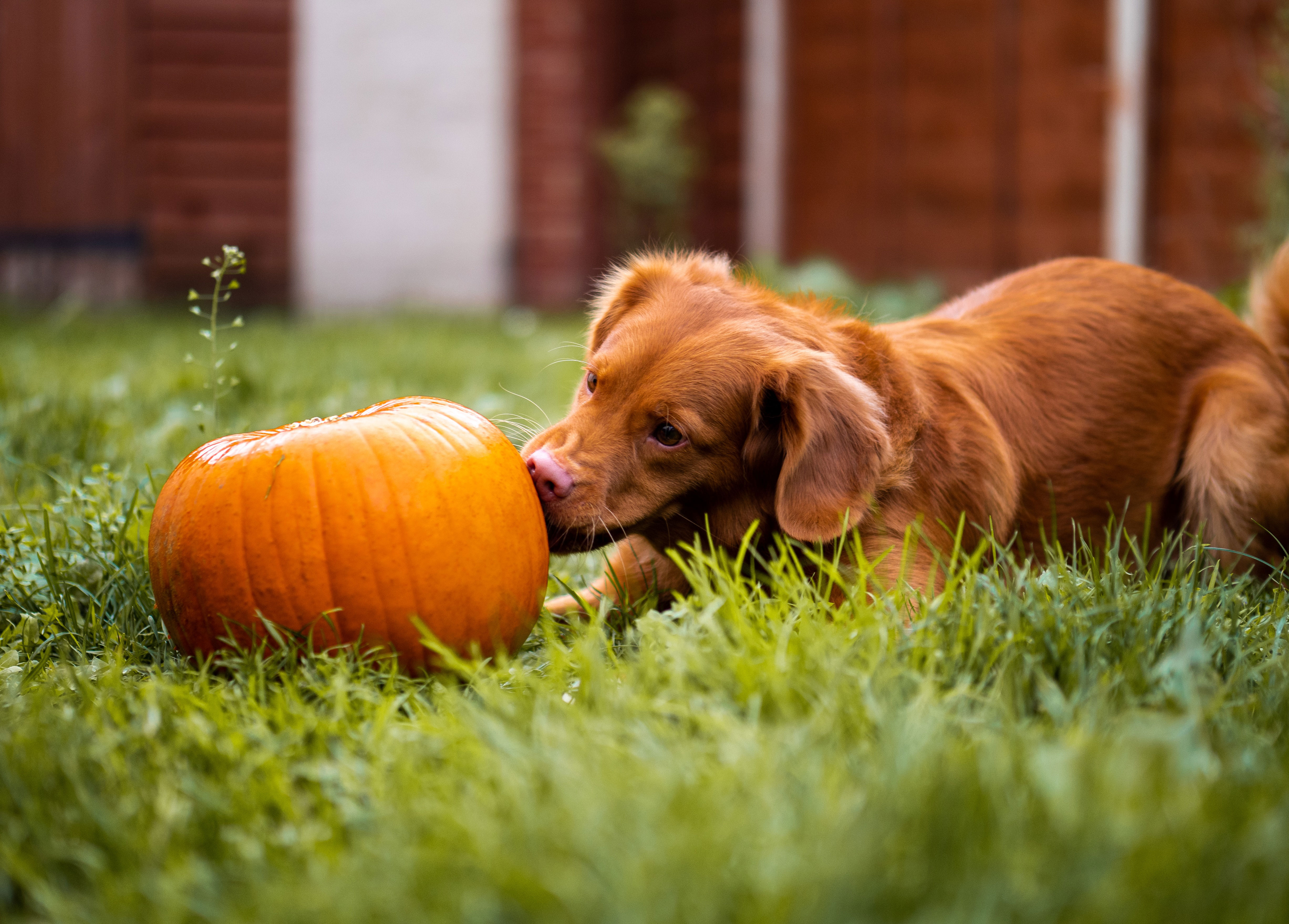
#5 Squash
Does your furry friend often suffer from diarrhea? If so, adding a little squash to his diet, such as steamed pumpkin or butternut squash, may help. But be sure to remove the seeds before giving it to your pup.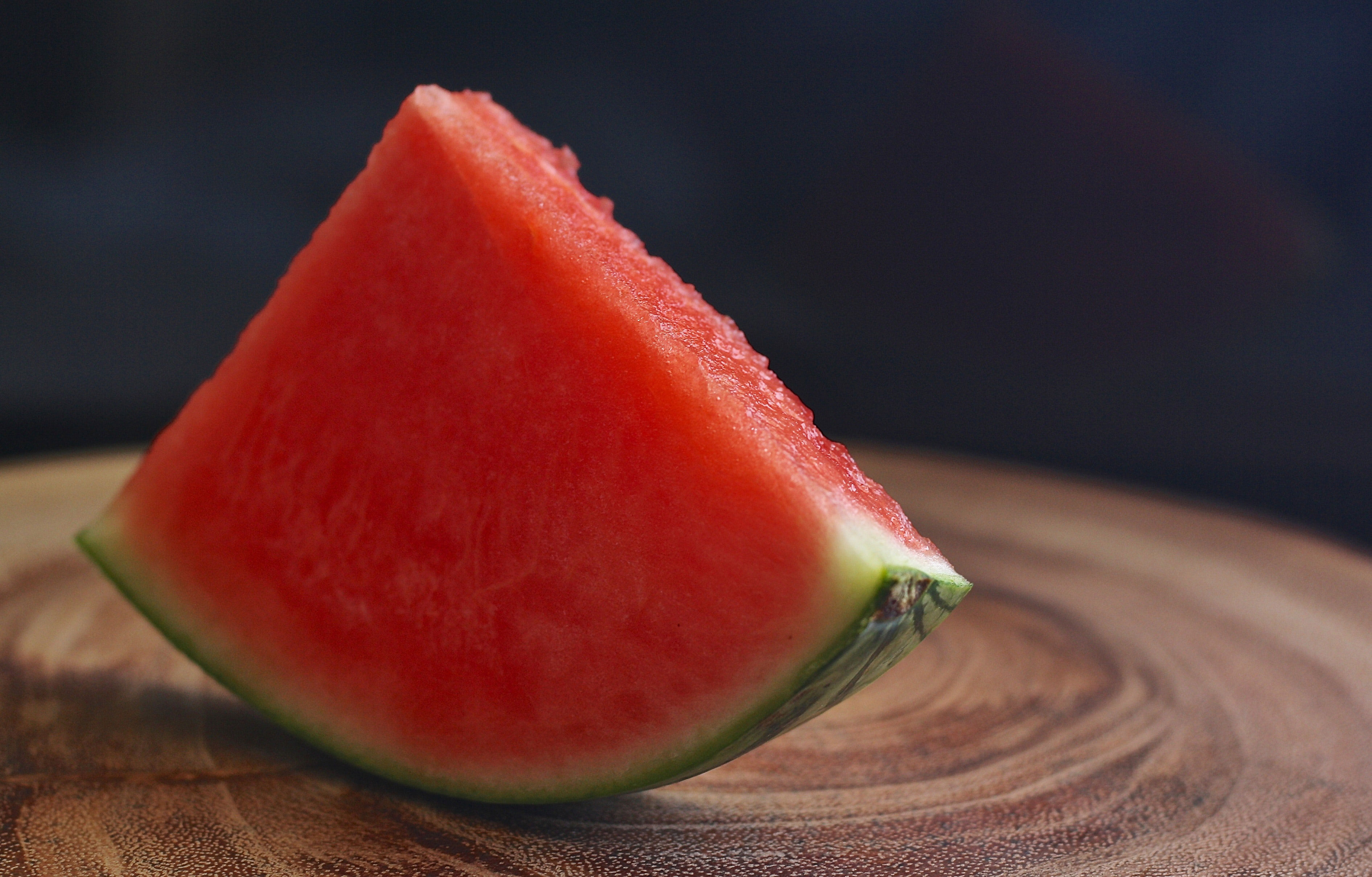
#6 Watermelon
Watermelons are delicious treats for your pooch, but make sure you remove the seeds and rinds first. Fresh watermelon is rich in potassium and vitamin C, B-6, and A. Moreover, this fruit is 92-percent water, which means it can be an especially great treat during the heat of summer. 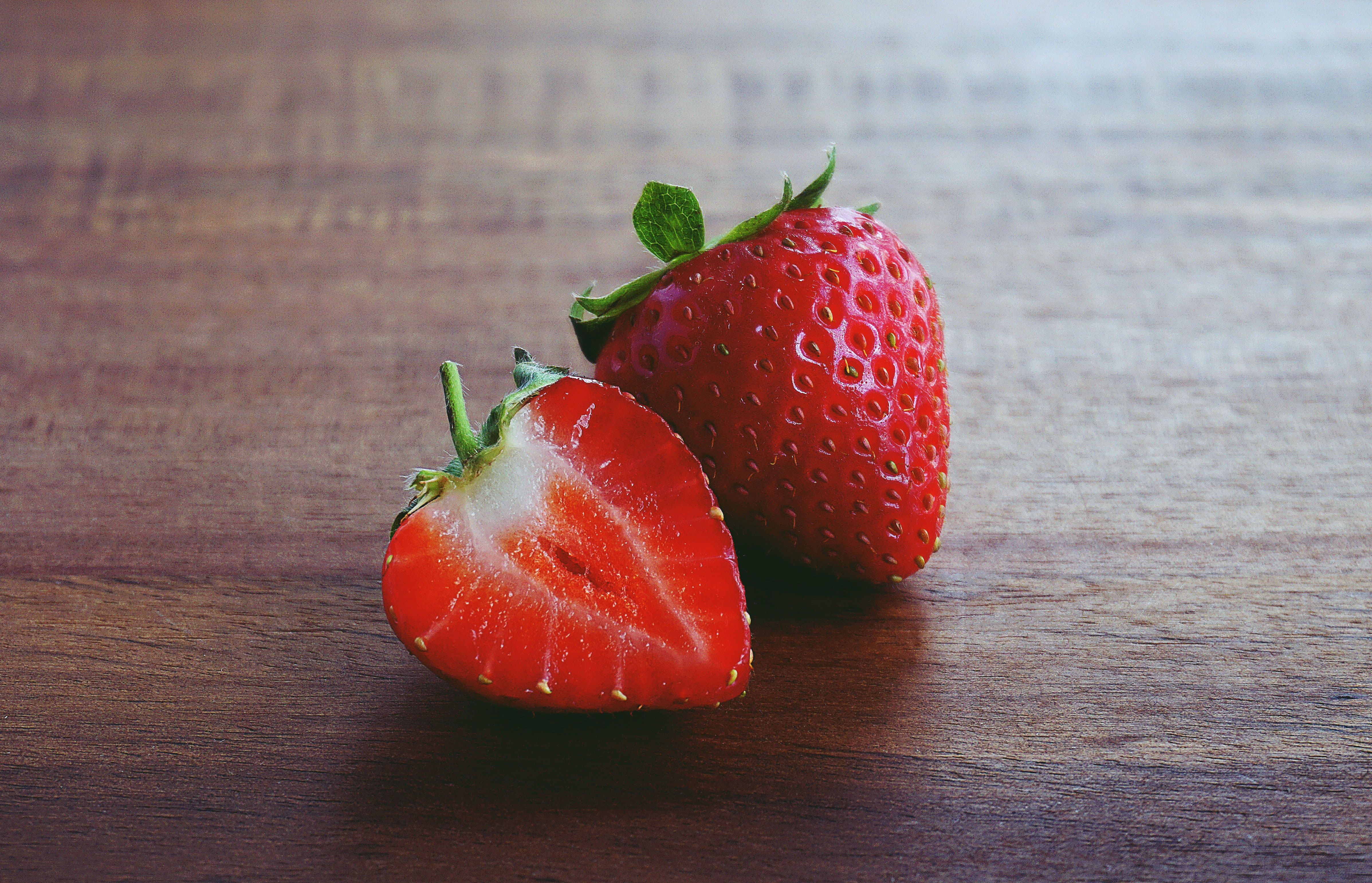
#7 Certain berries
Most dogs love raspberries, blueberries, and strawberries. Rich in vitamin C, manganese, fiber, and antioxidants, berries also have low sugar content. Because of their anti-inflammatory properties, raspberries are excellent for aged dogs. Additionally, strawberries also contain enzymes that are good for your pooch's teeth.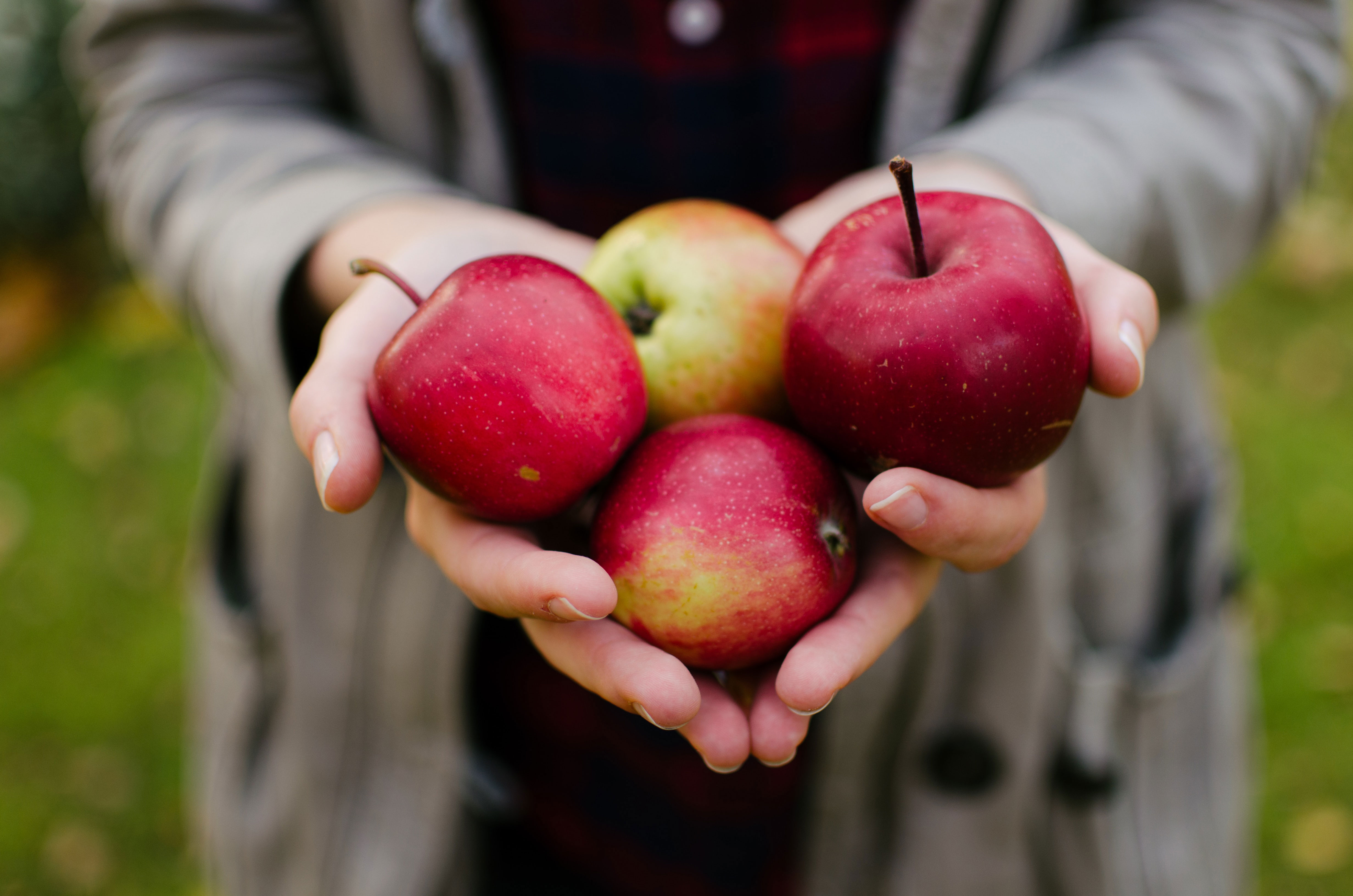
#8 Apples
Here's another great, crunchy treat for your furry pal! Apples are loaded with vitamins C and A, along with fiber. Since this fruit is low in fat and protein, it makes a perfect snack for elderly dogs. You can also freeze them on summer days to add a cool touch. However, remember to remove the core and the seeds before giving one to your dog.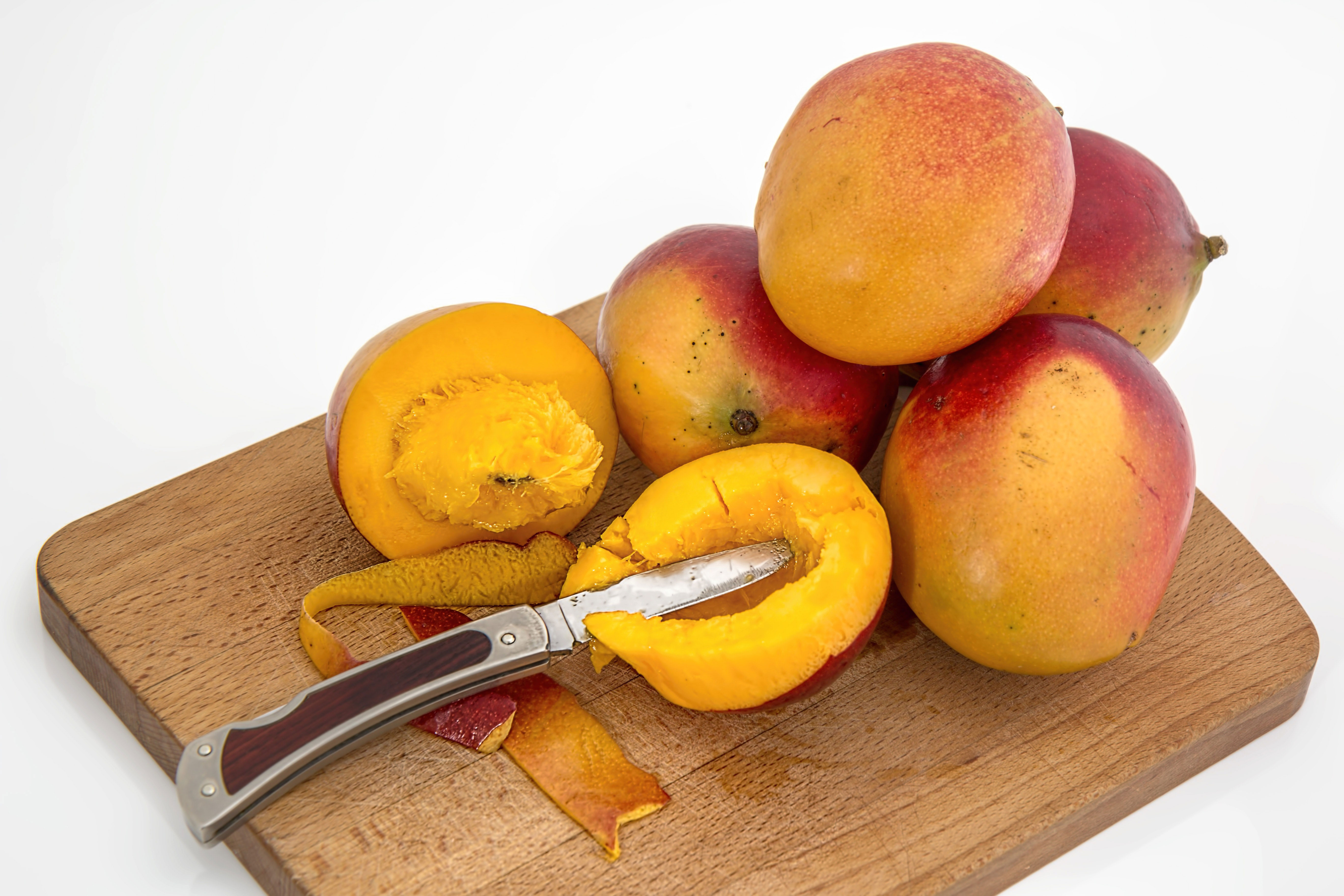
#9 Mangoes
Dogs love mangoes just as much as humans do! This sweet summer treat is filled with several different types of vitamins, such as E, C, B6, and A. Mangoes also have alpha-carotene, beta-carotene, and potassium. However, the hard pit contains a small amount of cyanide, and it can also cause a choking hazard. So, be sure to remove it first.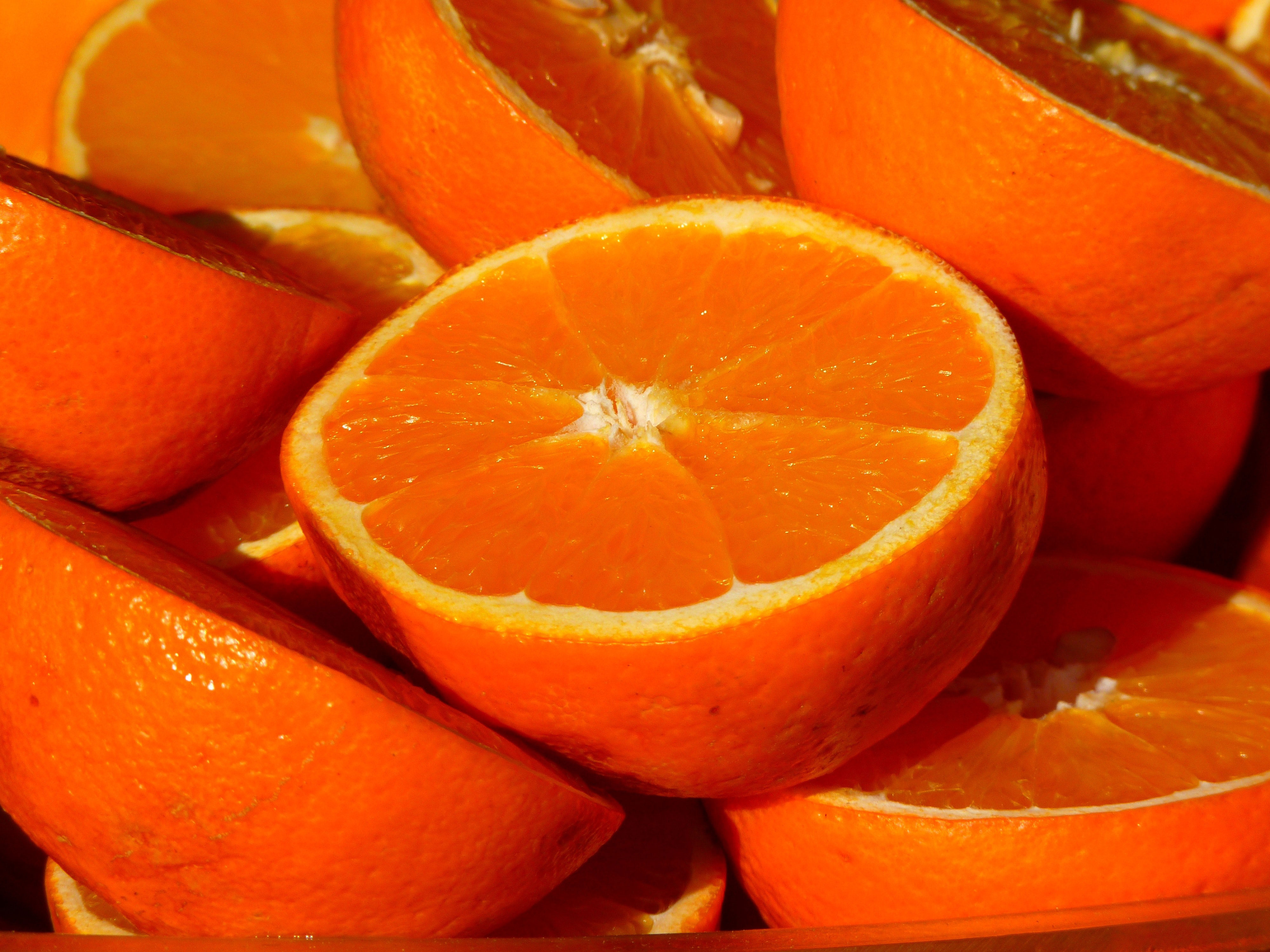
#10 Oranges
As per most veterinarians, oranges are suitable for dogs. This fruit contains potassium and fiber, and it’s high in vitamin C. Though many dogs dislike the strong citrusy smell, some find them find the juicy flesh delicious! Just beware that oranges contain high amounts of natural sugar, so a small piece should go a long way for a dog. Also, remember to remove the peel and seeds before serving the fruit. If your pooch accidentally eats the skin, it may cause vomiting and other digestive issues.
Fruits and veggies that are NOT safe for your dog
Many people have the habit of giving scraps from their plate to their pup. Of course, when the cute one comes wagging his tail and looks at you pleadingly, it can be hard not to share your meal. However, even this loving gesture can turn harmful for your furry friend.
As mentioned above, some fruits and veggies are toxic to dogs. Consumption of these items can cause mild to severe digestive issues and other health problems, including increased heart rate, breathing issues, and so on. Some of these food items include but are not limited to:
- Avocados
- Cherries
- Grapes
- Tomatoes
- Onions
- Mushrooms
- Apricots
- Nuts
- Garlic
- Raisins
There are many more food items that are harmful to dogs. Even trained pooches can sometimes be naughty, and they may go snooping in your kitchen or pantry. Make sure to keep items that are dangerous to them away from their reach.
Being a dog parent may not be easy, but it is certainly rewarding! And feeding your dog the right food is a must. Remember, the more knowledge you have, the easier it will become.










